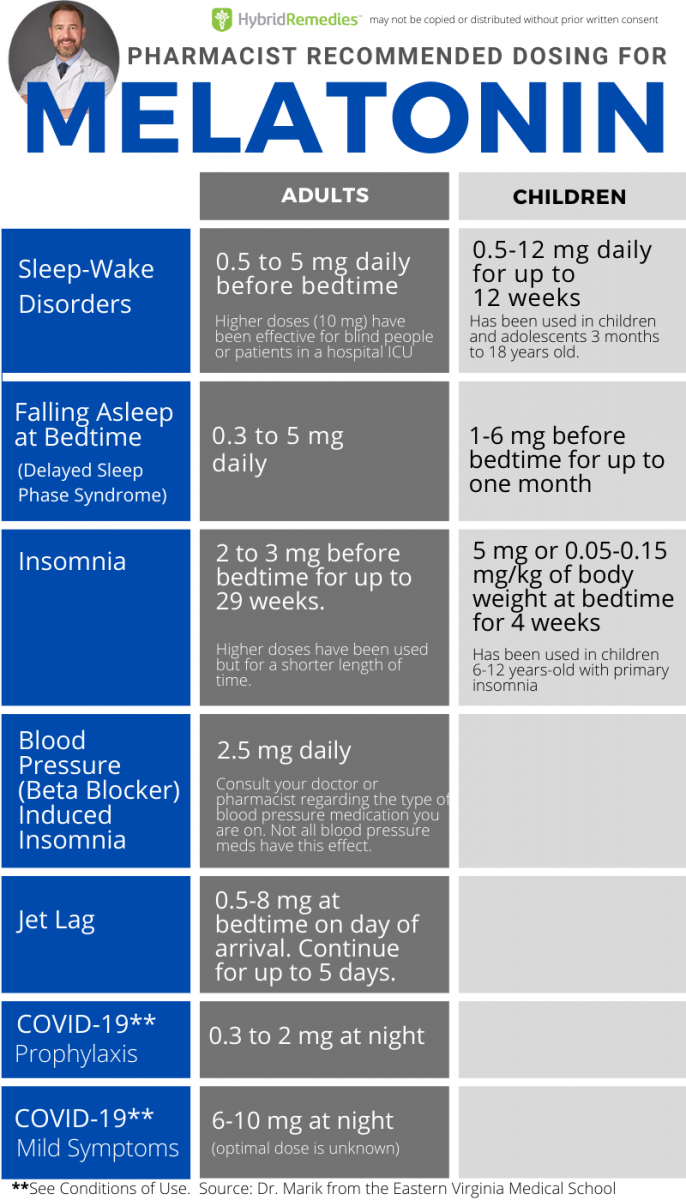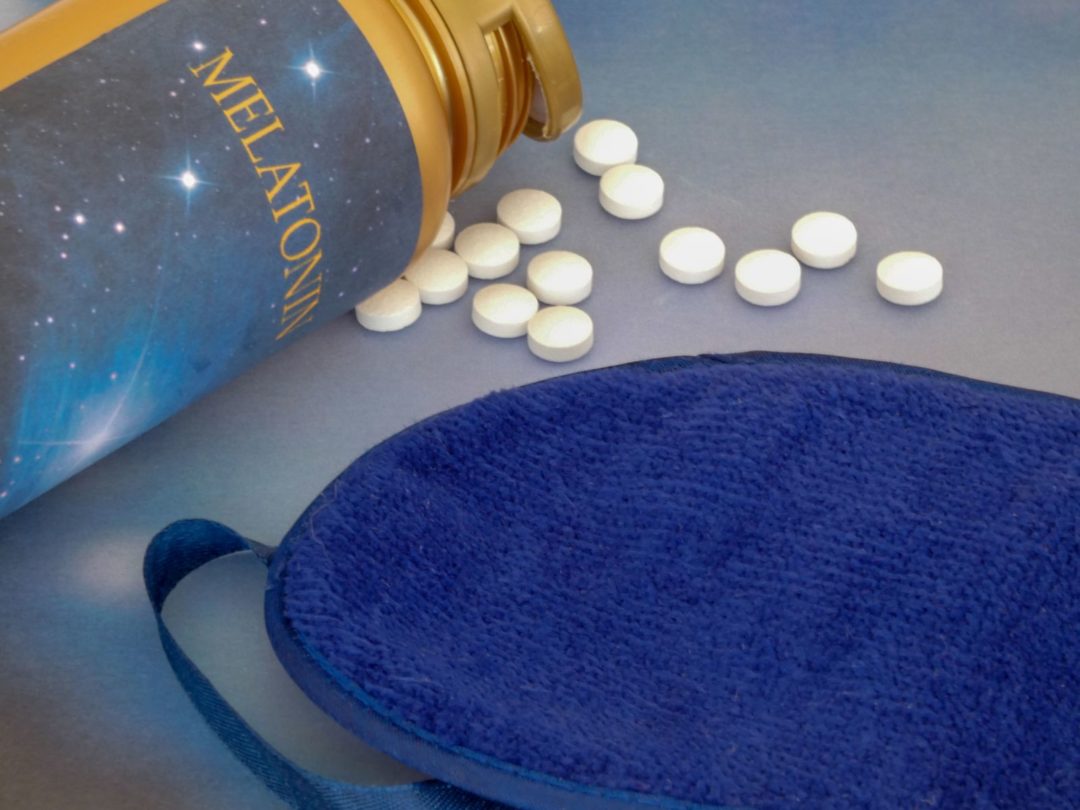I have received many questions about Melatonin, so I’ve put together a quick list of Top 5 Questions and Answers About Melatonin.
1. WHAT IS MELATONIN?
Melatonin is a natural hormone primarily that regulates the sleep–wake cycle. The pineal gland will release this hormone in the late evening causing you to feel sleepy and initiate the sleep cycle. Melatonin levels will reach their peak sometime between 2 am and 4 am.2. IS MELATONIN SAFE?
Adults: Melatonin has been used safely for up to 2 years in adults, however, it is not without potential side effects. When using melatonin long term, watch for these side effects:- Headache
- Feelings of depression
- Daytime sleepiness or dizziness
- Stomach cramps
- Irritability
Children: Melatonin is possibly safe when taken by mouth, short-term. Recommended doses are 3 mg per day in children and 5 mg per day in adolescents. See below for more details on dosing.
3. HOW DOES MELATONIN WORK?
Melatonin's primary function is to help regulate night and day cycles or sleep-wake cycles. Darkness will trigger your body to produce more melatonin and signal the body for sleep. Exposure to light will have the opposite effect and decrease melatonin production. Some people who have trouble sleeping have low levels of melatonin and supplementing with Melatonin tablets can help improve sleep.4. WHAT IS THE BEST DOSE*?
There are several indications and doses where using Melatonin could be beneficial. I will cover the uses and doses where it has been shown to be the most beneficial. *
5. HOW LONG does it take for MELATONIN to start working?
Melatonin doses of 1-3 mg will take effect in one to two hours to induce sleep. It is best to take melatonin supplements two hours before bedtime.BONUS: Pro Tips from Your Pharmacist When Taking Melatonin
It is important to note that Melatonin does not work for everyone and moreover, works best when you practice good sleep hygiene. Here are some of my professional tips I give to my patients when recommending Melatonin.- Tip #1: Prep your mind for bedtime by turning the lights down to a lower level. Melatonin cannot work effectively if you are watching TV or staring at your phone.
- Tip #2: Stop Melatonin if it is not working. If after 1-2 weeks you do not see improvement, stop taking the supplement. There are other supplements that may work better for you.
- Tip #3: Stop using your computer or smartphone —as hard as this is for all of us, if you want a good nights sleep, put the phone down early. Research has shown the blue and green light from these devices neutralize melatonin’s effects.
- Tip #4: Less is more when it comes to taking Melatonin. A dose of 1-3 mg is generally effective for most individuals.










